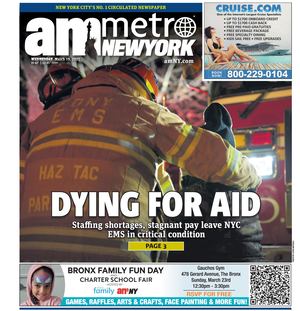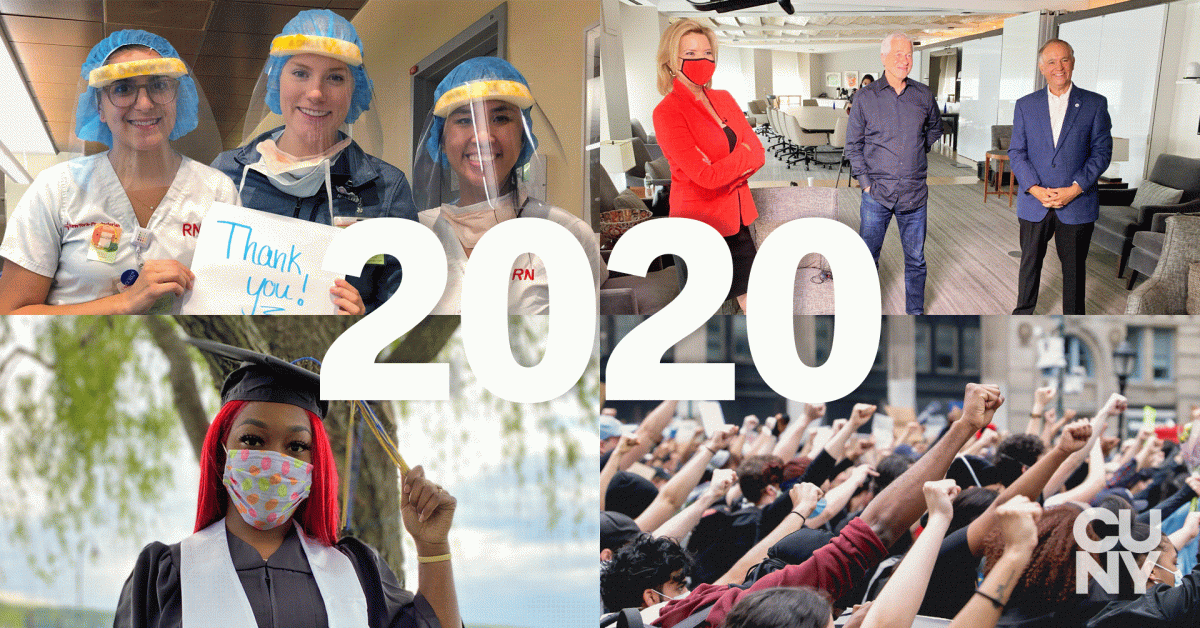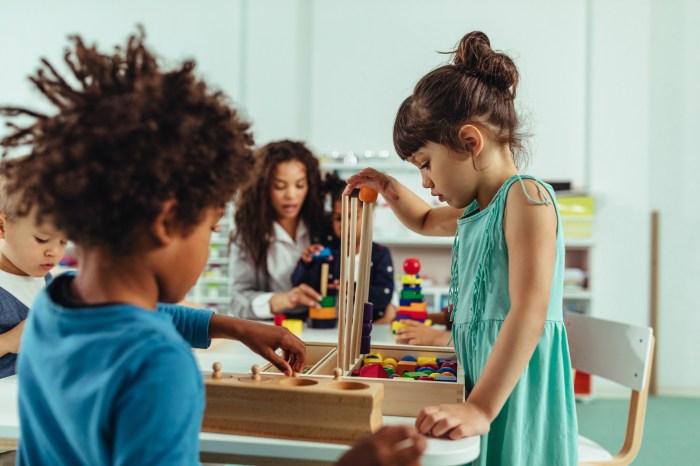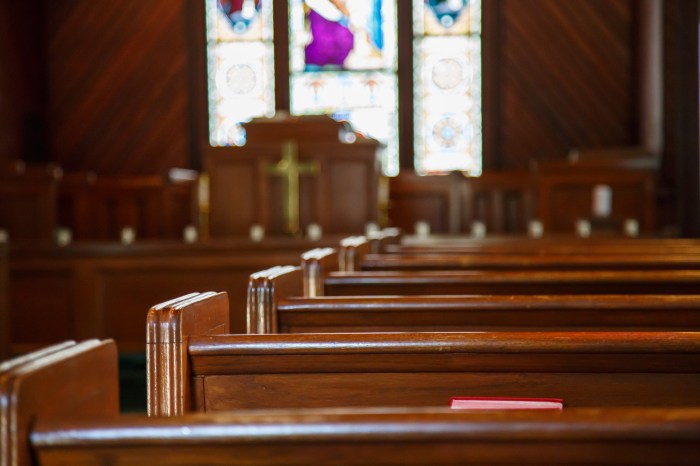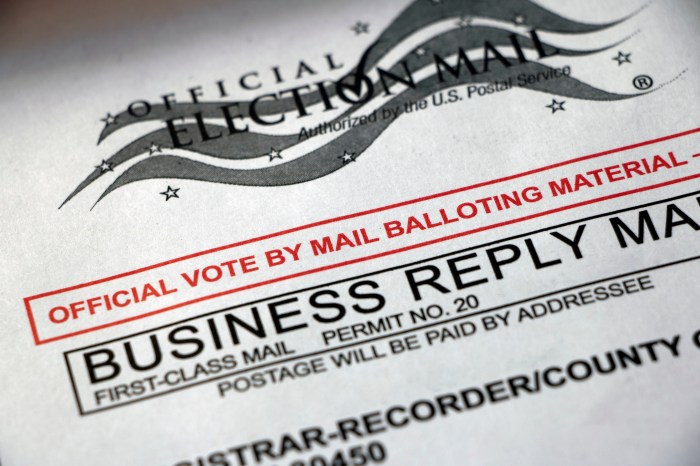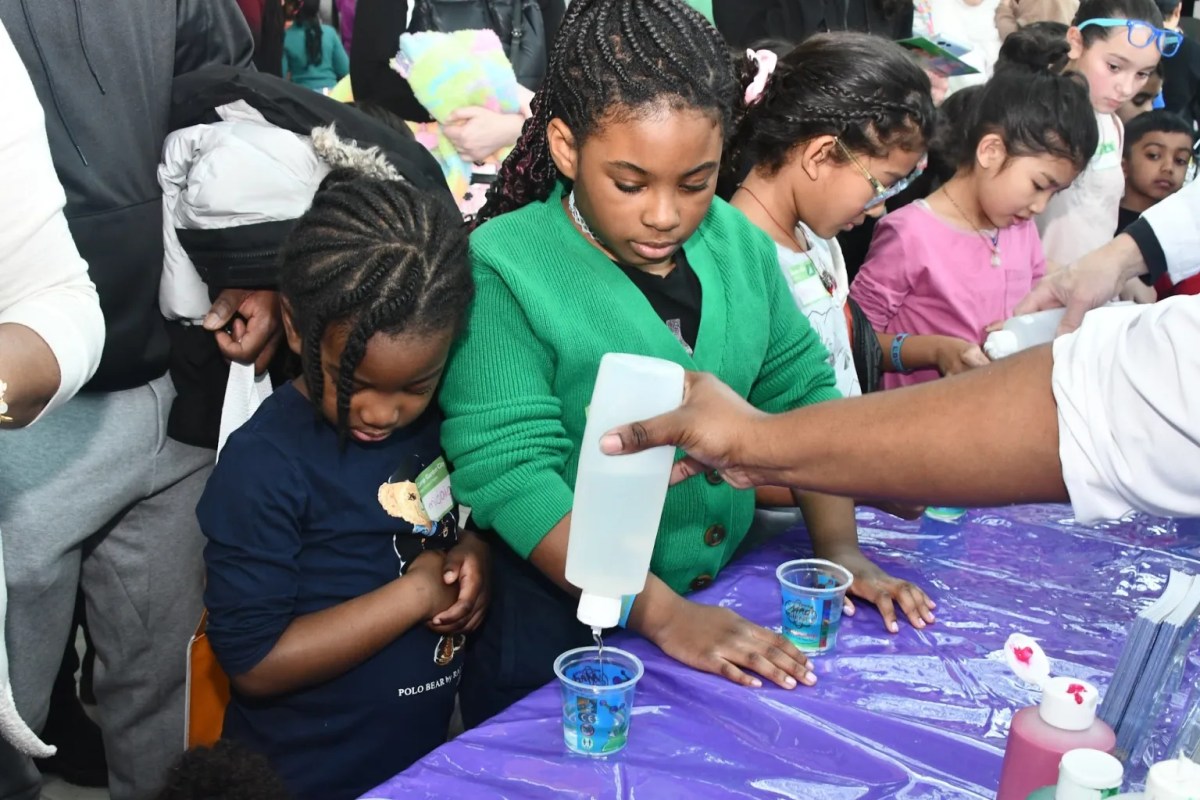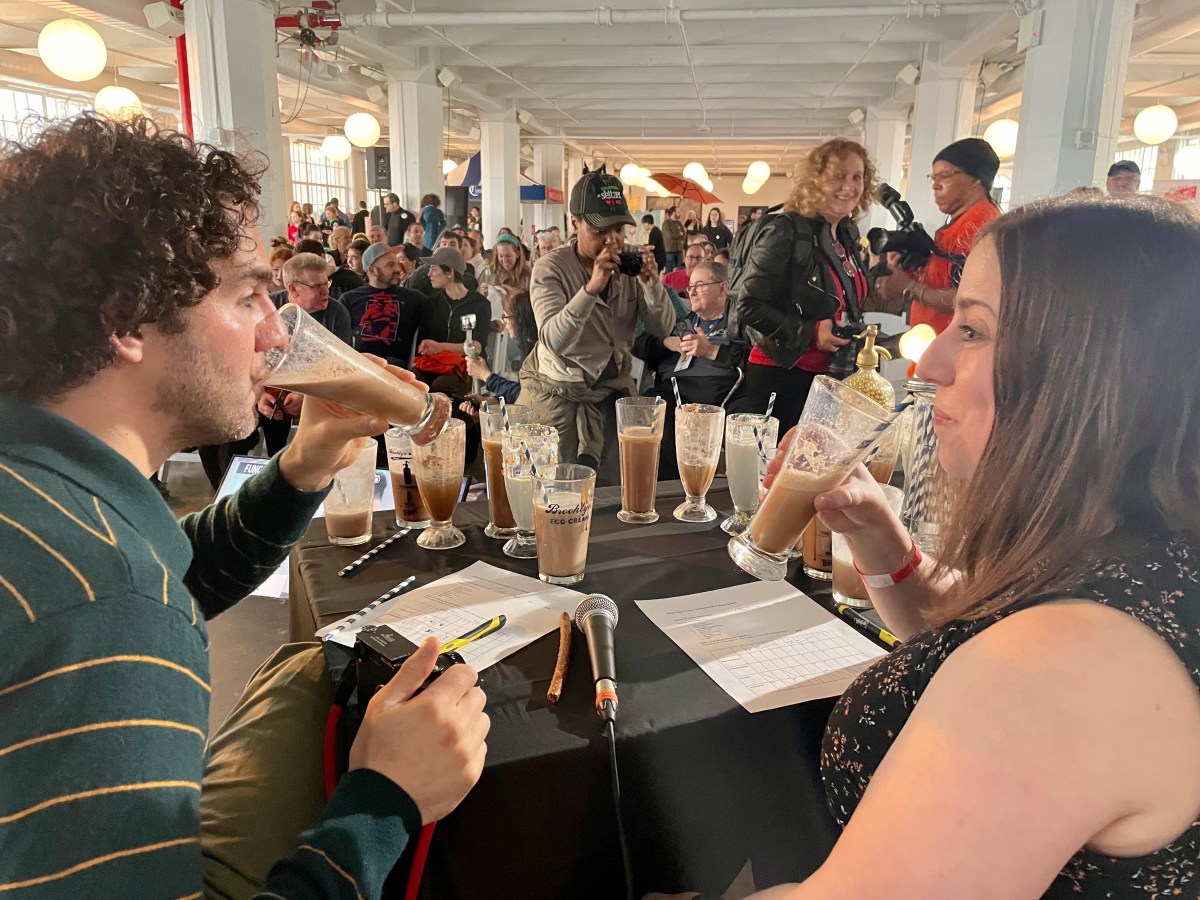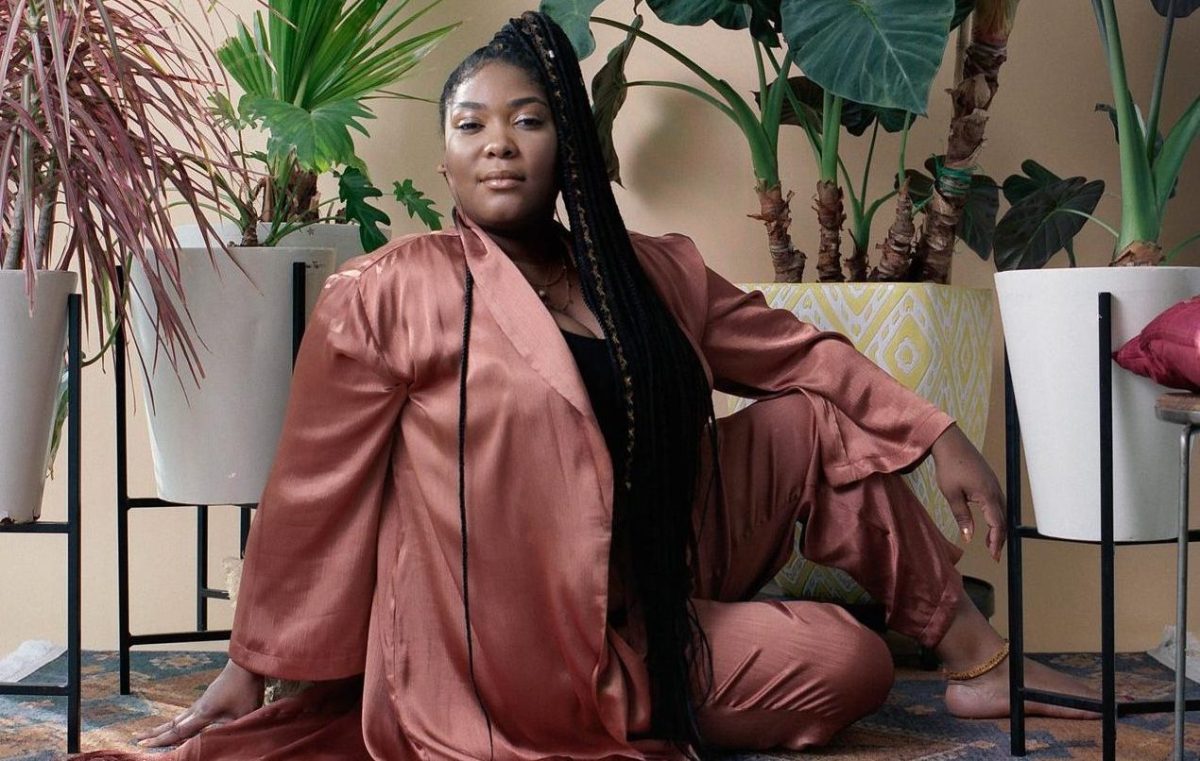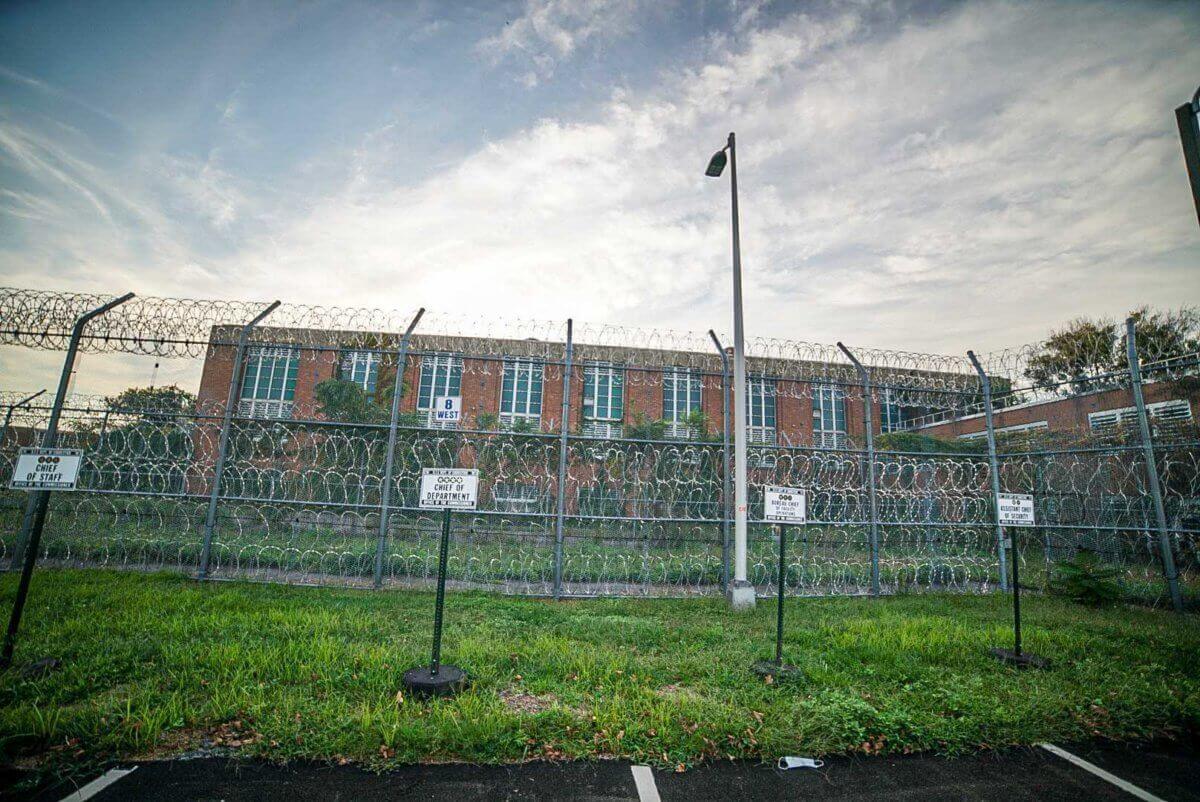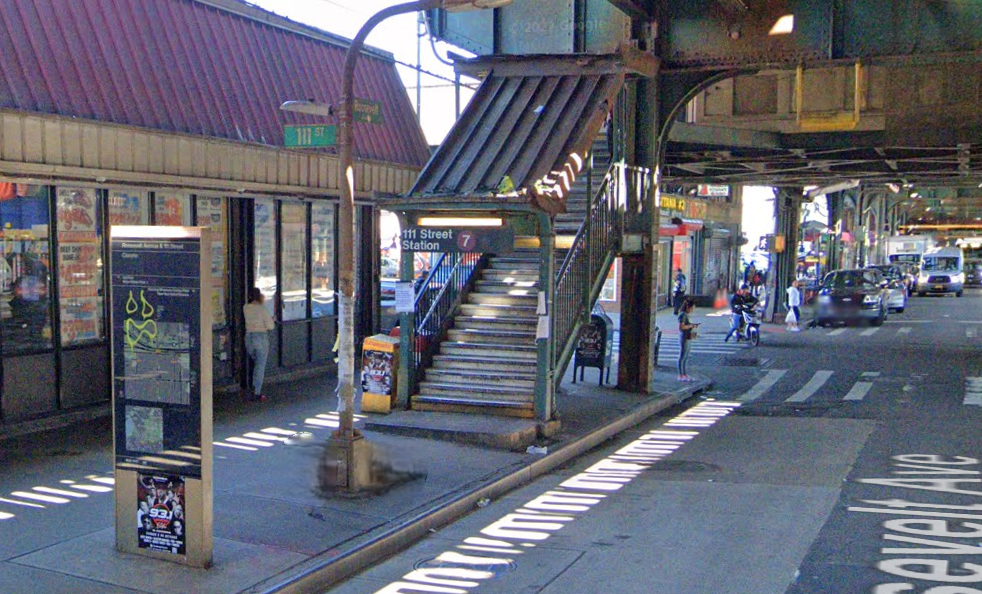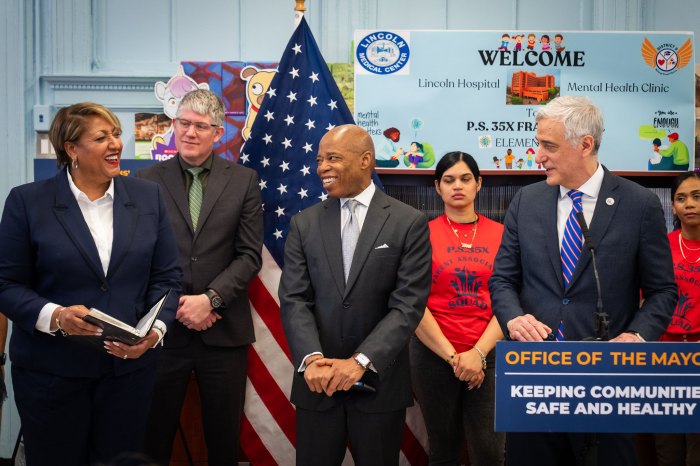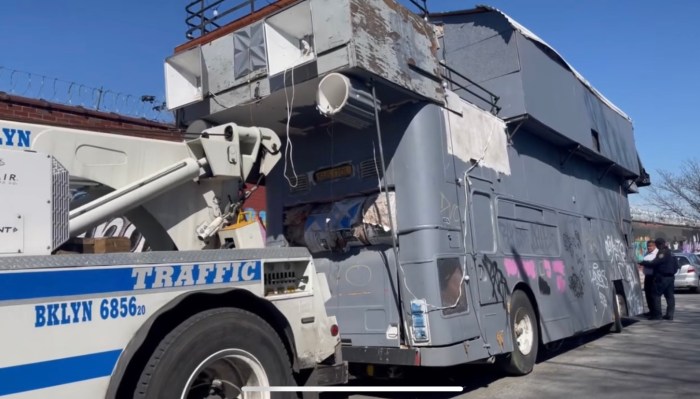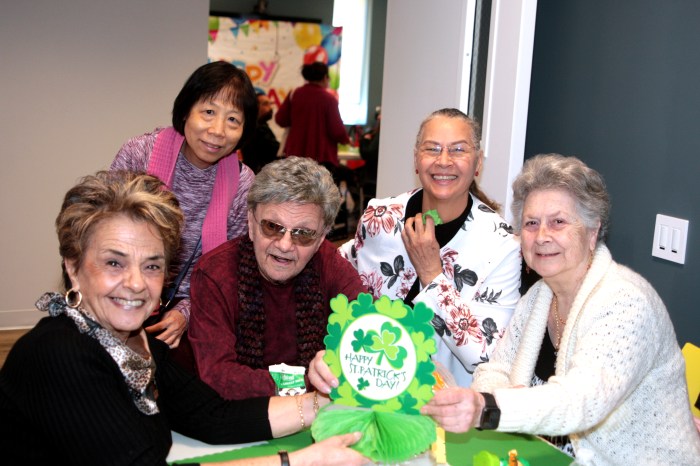By Félix V. Matos Rodríguez
Back in early April, as the coronavirus was tightening its grip on New York, Gov. Cuomo issued an executive order allowing the state’s fourth-year medical students to graduate early so they could help in the battle against COVID-19. One week later, members of the inaugural class of the CUNY School of Medicine received their degrees and began joining the front lines as volunteers in city hospitals.
To me, it was a moment that symbolized so much about CUNY. Most of those first-ever CUNY MD’s are from racial and ethnic groups that have been both traditionally underrepresented in medicine and disproportionately affected by COVID-19. In the kind of virtual commencement that would later become the norm, I told them how proud I was of their willingness to put themselves on the line.
What a year 2020 has been: It was a year that constantly tested us, and frequently broke our hearts. All of it demanded — and inspired — great fortitude and resourcefulness from the more than 300,000 students, faculty, staff and leaders who make up the University, and a great deal of sacrifice for the common good. It’s important to recall the challenges and triumphs, and to celebrate the fact that CUNY’s year is ending on a high note. Let’s take a look back.
The coronavirus was largely a remote concern when the year began, but it soon gained a foothold in New York that forced CUNY to all but shut down its 25 campuses and quickly pivot to distance education. When classes resumed after a week-long academic recess, 95 percent of the University’s 50,000 course sections had transitioned to online instruction. We quickly realized that thousands of students lacked the tools to participate in distance learning. With support from Gov. Cuomo, we purchased 33,000 laptops and tablets and made sure they were safely loaned to students in need. It was just one part of our broad efforts during the year to help our students weather the academic, economic and emotional challenges they faced.
Early in the crisis, we established the Chancellor’s Emergency Relief Fund with $1 million each from the Carroll and Milton Petrie Foundation and the James and Judith K. Dimon Foundation. By the fall, support from additional donors grew the fund to more than $8 million and allowed us to distribute emergency grants to more than 10,000 students. CUNY colleges and schools raised another $8.6 million on their own.
Meanwhile, CUNY joined the city’s battle against the coronavirus on many fronts. Campuses used 3D printers to produce personal protective equipment. Experts at the School of Public Health and Health Policy produced a weekly tracking survey of New Yorkers’ attitudes and behaviors around the pandemic. CUNY scientists repurposed their work to take on coronavirus-related research. And so many students rallied to help their fellow New Yorkers even as they faced unthinkable pressures and loss.
The perseverance and accomplishment came amid a backdrop of widespread grief. Every CUNY campus has mourned faculty, staff, students, alumni and retirees lost to COVID-19. Among them were Allen Lew, CUNY’s senior vice chancellor of the Office for Facilities, Planning and Construction Management. The University’s website now includes an In Memoriam page to pay tribute to those we’ve lost.
Through it all, we hunkered down and pressed on. This year CUNY conferred 56,527 degrees — the second highest total in our history and just shy of the record high awarded last year.
Looking ahead to life after COVID, we redoubled our efforts to help students find sustainable career paths and play an active part in the city’s economic recovery. Among the most important developments were a plan to expand mental health services and a new partnership, the New York Jobs CEO Council, which will create a pipeline to job opportunities for 25,000 CUNY students. We also focused our professional development training to help 3,400 faculty become better online teachers, part of a larger, longer-range initiative to improve pedagogy at CUNY.
CUNY has many reasons to be optimistic about the future. The long-awaited coronavirus vaccine became available for public distribution earlier this month, and it was a CUNY nursing alumna, Sandra Lindsay, who was the first person in the U.S. to receive it. The same week, we received word of $60 million in gifts to two CUNY colleges, Lehman and Borough of Manhattan Community College, by author and philanthropist MacKenzie Scott. A gift of this size as we turn the page on such a challenging year brings us renewed hope for the opportunities it will create in the coming year and beyond.
On that hopeful note, we look forward to a productive and fulfilling 2021 that helps us heal the wounds of 2020, and allows us to fully reopen the campuses of CUNY and of all universities across the country.
Félix V. Matos Rodríguez is the chancellor of The City University of New York (CUNY), the largest urban public university system in the United States.
